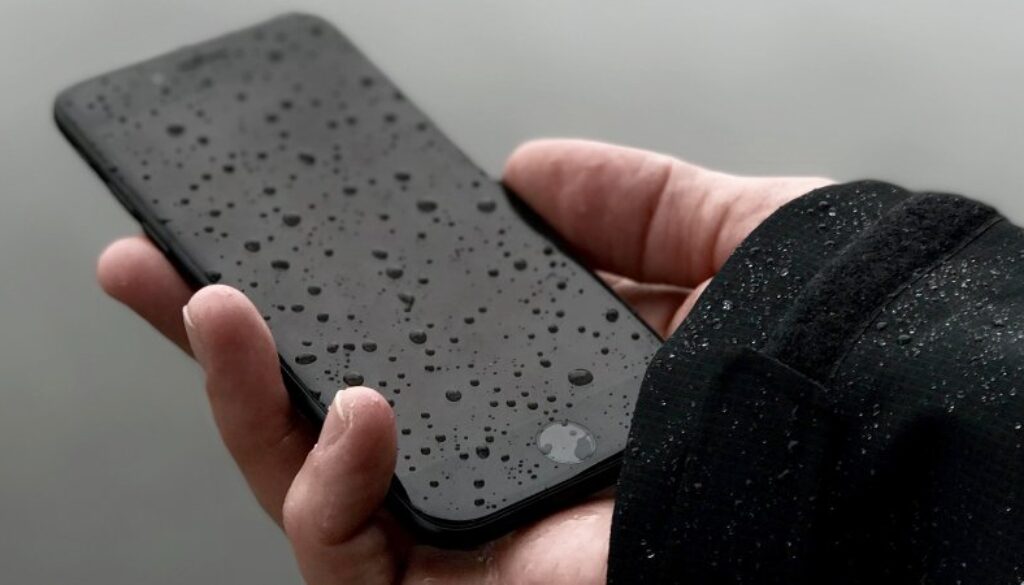Fall for This Simple Phone Scam? (You’ll Be a Target Forever)
Before you can be targeted by the hardcore scammers, you’ve got to fall for this deceptively simple scam first.
Phone scams are on the rise. There’s the “can you hear me?” scam, and the “free cruise to the Bahamas” scam, and the Facebook customer support phone scam, which uses slightly different tactics.
There’s also something more basic: the incredibly simple phone scam inspired by legitimate marketing techniques that makes all the other scams possible to begin with–and the one you might not even realize you’ve fallen for.
It’s almost laughably basic, and if you’re duped by it, and you’ll be targeted forever. It goes like this:
- Your phone rings. Caller ID shows a local area code–but an unfamiliar number.
- Your mind races: A friend with a new phone? A doctor’s office confirming your appointment? Someone with a delivery trying to find your front door?
- You hesitate, but you answer. “Hello?”
- Dead silence. Maybe it’s a wrong number?
- You quickly forget about the whole thing.
That’s it, right? Not exactly. Because even if you forget, the person on the other end of the line (actually the computer, to be more precise) sure won’t forget about you.
Top of the funnel
Suddenly, you’re getting more of these hang up calls. You Google the incoming phone numbers. Other people are complaining about them, too. What the heck?
[WooZoneProducts asin=”B01GQU71SQ”][/WooZoneProducts]
It’s some kind of scam, obviously–but how could that possibly work? Call you and just hang up? Where’s the profit in that?
The answer is that these hang-up calls are the first move in a long game to try to scam you–or if not you, somebody like you.
Like legitimate marketing calls, these calls are an automated, “top of the funnel” message. They require very little action on your part–just hitting that “answer” button on your phone.
And they’re designed simply to verify that your number is actually a real person’s number–and that it’s being used by someone whose past behavior shows he or she is statistically likely to pick up when the phone rings. Now that you’ve answered, you’re in good company, along with thousands and thousands of others.
Attack of the robocalls
You know where things go from here. Your number winds up on a list, sold again and again to scammers. Things escalate. You start getting robocalls–the number-one complaint that the Federal Trade Commission now says it has to investigate.
[WooZoneProducts asin=”B01FSV8782″][/WooZoneProducts]
The calls have recorded voices telling you that there’s “an important message about your credit card.” Maybe you start getting a call from a 202 Washington, D.C., area code, claiming to be from the IRS.
You’re not the type of person who would ever fall for a phone scam, I’m sure. You’re like me–the kind of person who won’t even answer a question from my own bank if they call me unsolicited. (I insist on calling them back before talking.)
The calls are likely to be just an annoyance for you–not a gold mine for criminals.
Of course, the scammers themselves don’t know that–and in a way that works to their advantage, because they’ll be selling your number in bulk, over and over again, linking it simply to a person who answers his or her phone in the first place. Even if you never “convert” into a victim, those seven digits assigned to your phone now have value, because they can be sold over and over again.
Fighting back
How prevalent is all this? Well, about 1 in 2,200 phone calls in the United States is an attempt at fraud. (That’s what officials from Pindrop Security, an Atlanta company that tracks phone fraud, told NPR‘s Aarti Shahani.)
And they’ve figured out how to avoid law enforcement, by masking their phone numbers. Call back from your phone and you might be prompted to enter personal information; call back from another phone–say an FTC or police investigator’s phone–and you’ll get a message saying the number isn’t in service.
That’s “so a regulator or police officer who’s trying to crack down will think, incorrectly, it’s out of commission,” a Pindrop official said.
So, if you can’t beat the scammers and probably won’t be able to catch them, what can you do? In short, you can refuse to cooperate at the top of the funnel:
- Don’t answer calls from numbers that don’t look familiar.
- If you do answer–by mistake or by habit–make sure you don’t interact.
- Bonus tip: If a robocall gives you an option to “press 2 to be removed from the list,” don’t do it; it likely just reverifies that you’re a real person answering the phone.
Source: Fall for This Simple Phone Scam? (You’ll Be a Target Forever)
